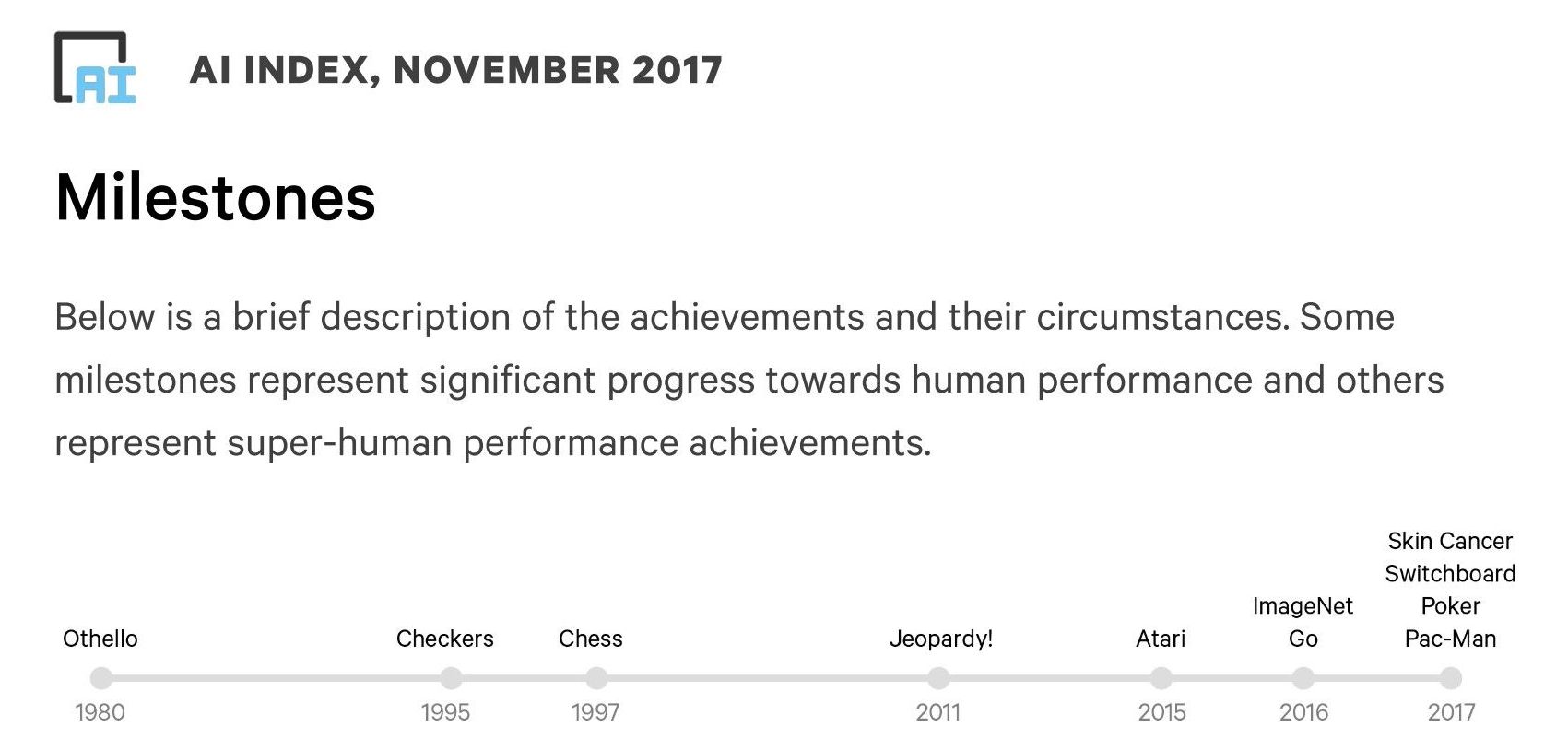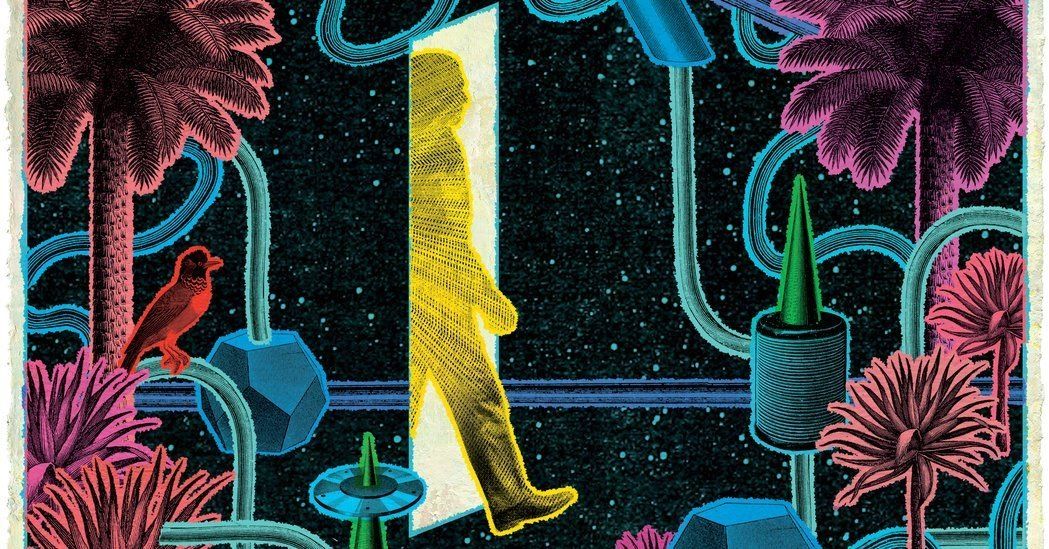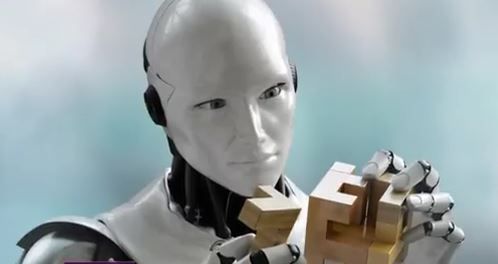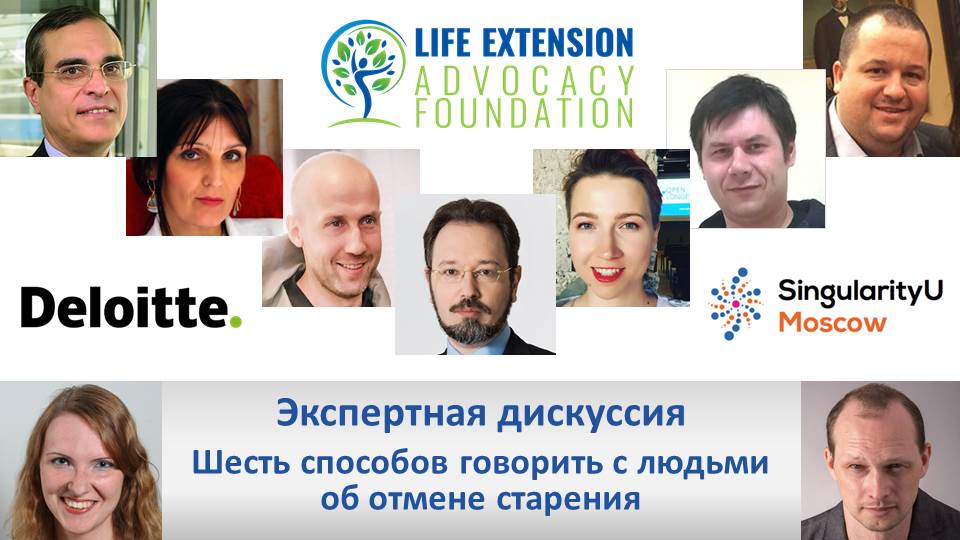Archive for the ‘singularity’ category: Page 58
Jan 25, 2018
What is the next stage in human evolution?
Posted by Amnon H. Eden in categories: biological, Ray Kurzweil, robotics/AI, singularity, transhumanism
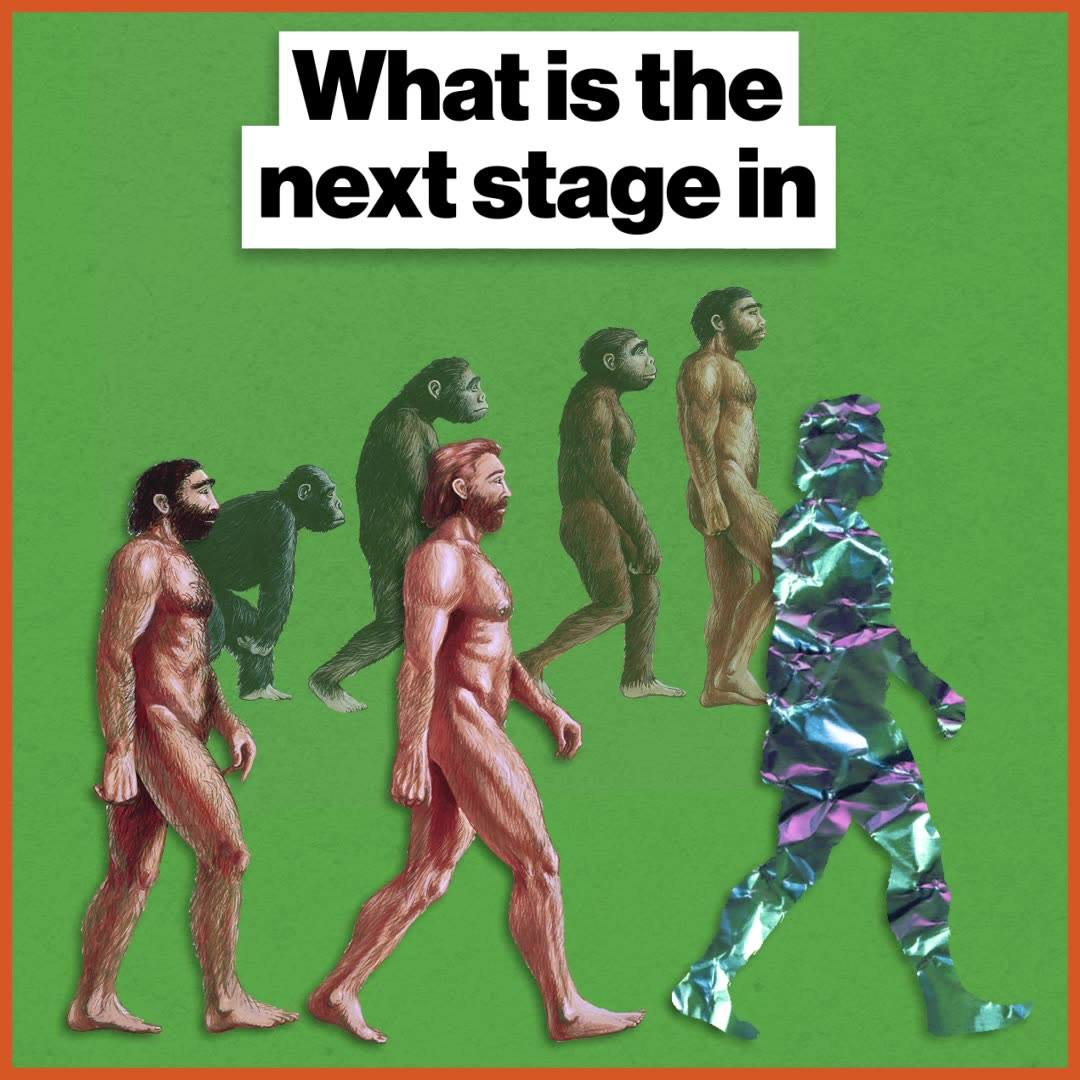
Will the transhumanist path forward lead us to singularity of posthuman superintelligence a-la Ray Kurzweil?
“I think that the definition of being human is about to change a lot in the next century,” says Michelle Thaller, astronomer and Assistant Director for Science Communication at NASA — National Aeronautics and Space Administration.
Human beings next evolutionary leap is going to take us beyond our biological existence. How do you feel about merging with an artificial intelligence?
Jan 25, 2018
Bioquark Inc. — In Touch Rugby Magazine — Ira Pastor
Posted by Ira S. Pastor in categories: aging, biotech/medical, disruptive technology, DNA, food, health, life extension, neuroscience, science, singularity
Jan 18, 2018
Singularity Hypotheses Photo
Posted by Amnon H. Eden in categories: robotics/AI, singularity
Has AI made significant progress over the years towards artificial general intelligence?
This decades-old debate could end by the new project from the Stanford 100 Year Study on AI, called The AI Index. If their goal is achieved.
Off to a good start, the AI Index’s first report includes many useful visualisations of the data they are collecting, such as the following outline of AI breakthroughs since 1980.
Jan 9, 2018
Bioquark Inc. — Ira Pastor — Humans 2.0 Podcast
Posted by Ira S. Pastor in categories: aging, bioengineering, biological, business, cryonics, DNA, health, life extension, singularity, transhumanism
Dec 30, 2017
The Quest for Immortality, Rebooted
Posted by Derick Lee in categories: biotech/medical, evolution, life extension, neuroscience, singularity, transhumanism, virtual reality
Shermer’s journey into the present-day search for human domination over death and society’s ills introduces readers to all forms of what he calls “techno-optimism,” meaning the belief that technological progress means an end to death — or, at the very least, to aging and social decay. There are the cryonicists who want to freeze us, and those who want simply to freeze our brains, with all their neural connections and associated memories (the connectome). The transhumanists want to enhance us so thoroughly — through means both natural and artificial — that we become godlike, “taking control of evolution and transforming the species into something stronger, faster, sexier, healthier and with vastly superior cognitive abilities the likes of which we mere mortals cannot conceive”; the Omega Point theorists think we will all one day be brought back to life in a virtual reality. Believers in “the singularity” contend that it is possible to upload the human brain to a server without losing the essence of what makes you you. And, of course, there are those who try to cure us of aging, so that our bodies and minds will cease to deteriorate and our life spans will increase ad infinitum. Shermer visits each of these and other utopian theories with detail and considered analysis, drawing readers along increasingly unrealistic (or are they?) possibilities for our future evolution. It’s a journey as boggling as it is engrossing.
In “Heavens on Earth,” Michael Shermer explores the lengths to which mankind will go to ensure our souls’ survival beyond existence on this mortal coil.
Dec 16, 2017
Silicon Valley’s Immortalists Will Help Us All Stay Healthy
Posted by Shailesh Prasad in categories: life extension, Ray Kurzweil, singularity
All over Silicon Valley and the regions that imitate it, executives follow weird revitalization fads. They think the code of aging can be hacked and death made optional. Daniel Gross, a partner at Y Combinator, fasts enthusiastically—and encourages others to do so—because he believes it will extend his life. Inventor Ray Kurzweil swallows 100 supplements a day for the same reason, presumably so he’ll live long enough to be uploaded into the singularity, circa 2045.
But you don’t have to be a prophet of posthumanism to wish for a few more good years. I’ve followed my own antiaging routines: For a time I ate 30 percent fewer calories than recommended, and I now starve myself for 16 of every 24 hours. And while there’s certainly plenty of folly in the tech elite’s quest for immortality, I’m glad they’ve embarked on it—for reasons that go beyond sheer entertainment value.
Nov 21, 2017
What’s Wrong with Godless AI Technological Salvation, the Singularity?
Posted by John Gallagher in categories: Ray Kurzweil, robotics/AI, singularity
In a recent article, I began to unpack Rodney Brooks’ October 2017 essay “The Seven Deadly Sins of AI Predictions.” Now I continue my analysis by looking into the faulty atheistic thinking that motivates the AI salvation preached by futurists such as Google’s Ray Kurzweil. Although Brooks does not address this worldview dimension, his critique of AI predictive sins provides a great opportunity for just that.
Brooks is a pioneer of robotic artificial intelligence (AI) and is MIT Panasonic Professor of Robotics Emeritus. He is also the founder and chief technology officer of Rethink Robotics, which makes cobots—robots designed to collaborate with humans in a shared industrial workspace.
Previously I discussed Brooks’ remark that “all the evidence that I see says we have no real idea yet how to build” the superintelligent devices that Kurzweil and like-minded singularity advocates imagine.
Continue reading “What’s Wrong with Godless AI Technological Salvation, the Singularity?” »
Nov 18, 2017
New Video Shows a Creepily Human-Like Robot Doing a Backflip
Posted by Sean Brazell in categories: robotics/AI, singularity
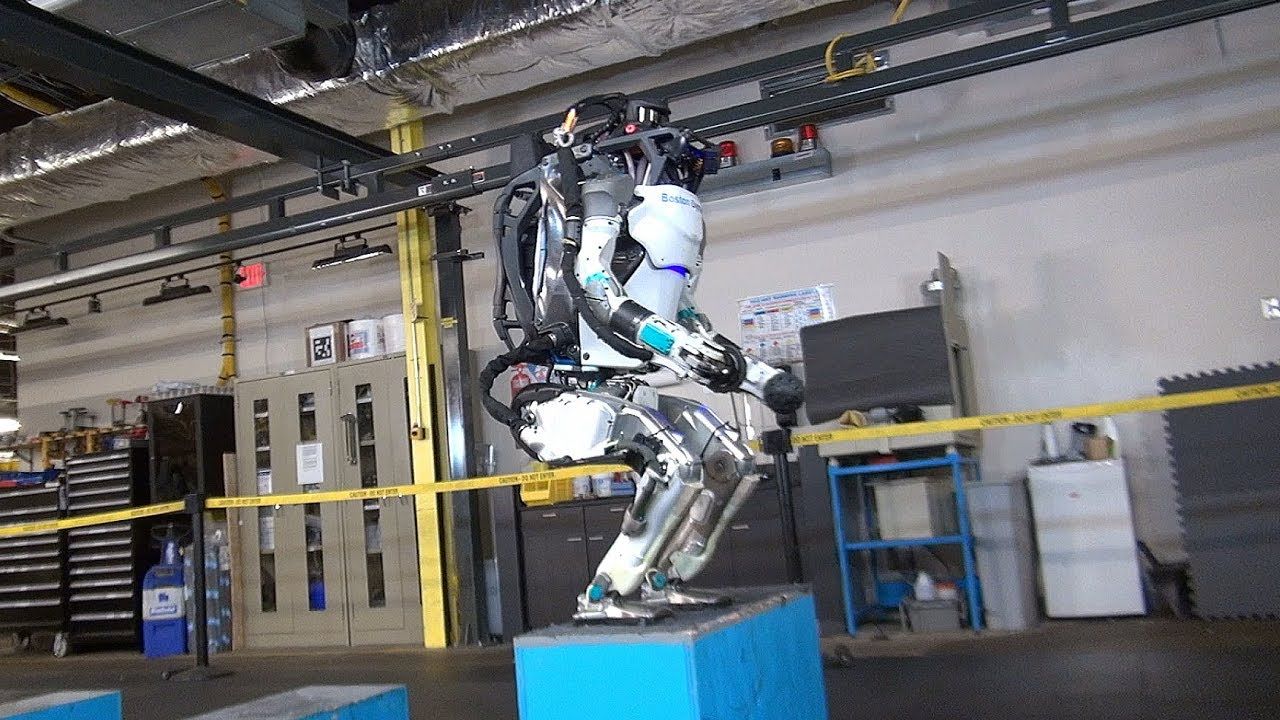
And with an apparently adequate battery too! None of the power lines are visible anymore!
Welcome to the NINJA-singularity!
Continue reading “New Video Shows a Creepily Human-Like Robot Doing a Backflip” »
Oct 31, 2017
6 Ways to Talk to People about Ending Aging – Moscow Nov 4th
Posted by Steve Hill in categories: biotech/medical, life extension, singularity
The Life Extension Advocacy Foundation, in collaboration with Singularity University Moscow Chapter and consulting group Deloitte, is hosting in Moscow an expert discussion on how to inform society about the potential and the advancement of gerontology and preventive medicine.
Life Extension Advocacy Foundation, in collaboration with Singularity University Moscow Chapter and consulting group Deloitte, are hosting in Moscow an expert discussion on how to inform society about the potential and the advancement of gerontology and preventive medicine. These experts believe that attracting people’s attention to the capabilities of medical technologies to prevent aging might help extend the healthy period of life and significantly decrease morbidity from age-related diseases.
The panel discussion “6 ways to talk to people about ending aging” will bring together famous futurists, scientists, science popularizers and public figures who foster the dissemination of the idea to prevent aging in Russia and other countries.
Continue reading “6 Ways to Talk to People about Ending Aging – Moscow Nov 4th” »

